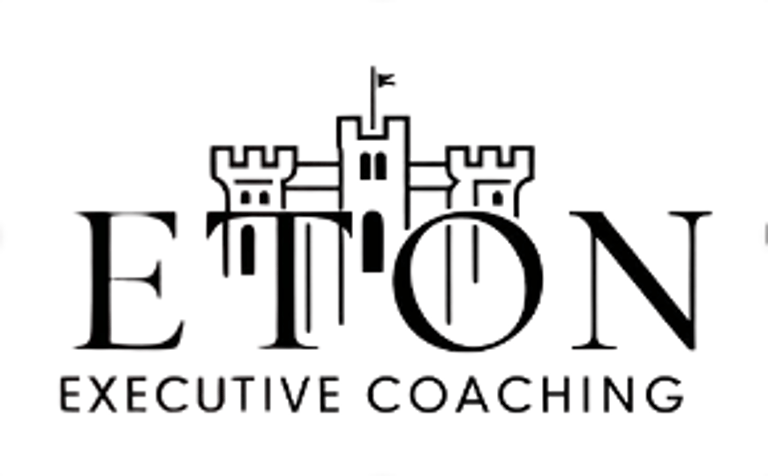Scholar or Strategist or Both?
Reframing the Vice-Chancellor’s Role in UK Higher Education
2 min read


Scholar or Strategist? Reframing the Vice-Chancellor’s Role in UK Higher Education
The HEPI Policy Note — “Who Leads Our Universities? Rethinking the Recruitment of Vice-Chancellors” (May 2025) — has reignited an enduring question in UK higher education: should a university be led by a Vice-Chancellor who is an academic, or someone whose leadership experience has been shaped outside the academy?
At first glance, it appears to be a binary choice—professor or professional—but this framing overlooks the deeper nuance between having leading academics and being academically led. And critically, as the note emphasises, new Vice-Chancellors must be supported to succeed.
The Academic Vice-Chancellor
Academic leaders bring an intrinsic understanding of disciplinary communities, research cultures, and the relational subtleties of the university environment. They carry the credibility of having lived the academic journey—and with it, the trust of those they serve.
While their academic standing is well established, the strategic and organisational dimensions of leadership—such as navigating complexity, leading culture change, and stewarding institutional resilience—may need strengthening. Fortunately, these professional capacities can be cultivated with the right support and development.
The Vice-Chancellor from outside the Academy
Leaders from outside the academy often possess strong executive instincts, system-level insight, and a broader external lens. Yet without the lived experience of scholarship, they may find it harder to earn legitimacy in a collegial system where reputation is rooted in contribution to inquiry, not just organisational impact.
In short: professional leadership skills can be developed by those with academic credibility—but academic reputation cannot be easily acquired by those without it.
Supporting Leaders to Adapt and Evolve
As the HEPI note rightly asserts, support must be integral to leadership recruitment—not an afterthought. But meaningful support must go beyond briefing packs or orientation—it must enable leaders to engage reflectively with the complexity of the institution and the culture it holds.
Meeting the Dual Challenge The Vice-Chancellor today is tasked with embodying a hybrid identity: academic leader and chief executive. It’s rare for any incoming leader to arrive fully equipped for both.
The ideal candidate may not yet hold both dimensions in equal measure—but with the right support, they can adapt, grow, and rise to the challenge.
So a more useful question might be: Are our universities prepared to help leaders evolve—not just operationally, but relationally and culturally—so they can lead with depth and authenticity?
This is where executive coaching plays a strategic role. At Eton Executive Coaching Ltd, we partner with senior leaders to support this evolution—building capacity for systemic thinking, emotional attunement, and values-driven leadership within complex environments.
Because true academic leadership is not defined by where one comes from—it’s defined by how one listens, learns, and leads in service of the institution’s deeper purpose.
If you would like to explore having an Executive Coach, who has over a decade as Vice-Chancellor and CEO, the first step is to book a call to find out more.
Please go to the booking page https://calendly.com/etonexec/30-minutes-initial-call
